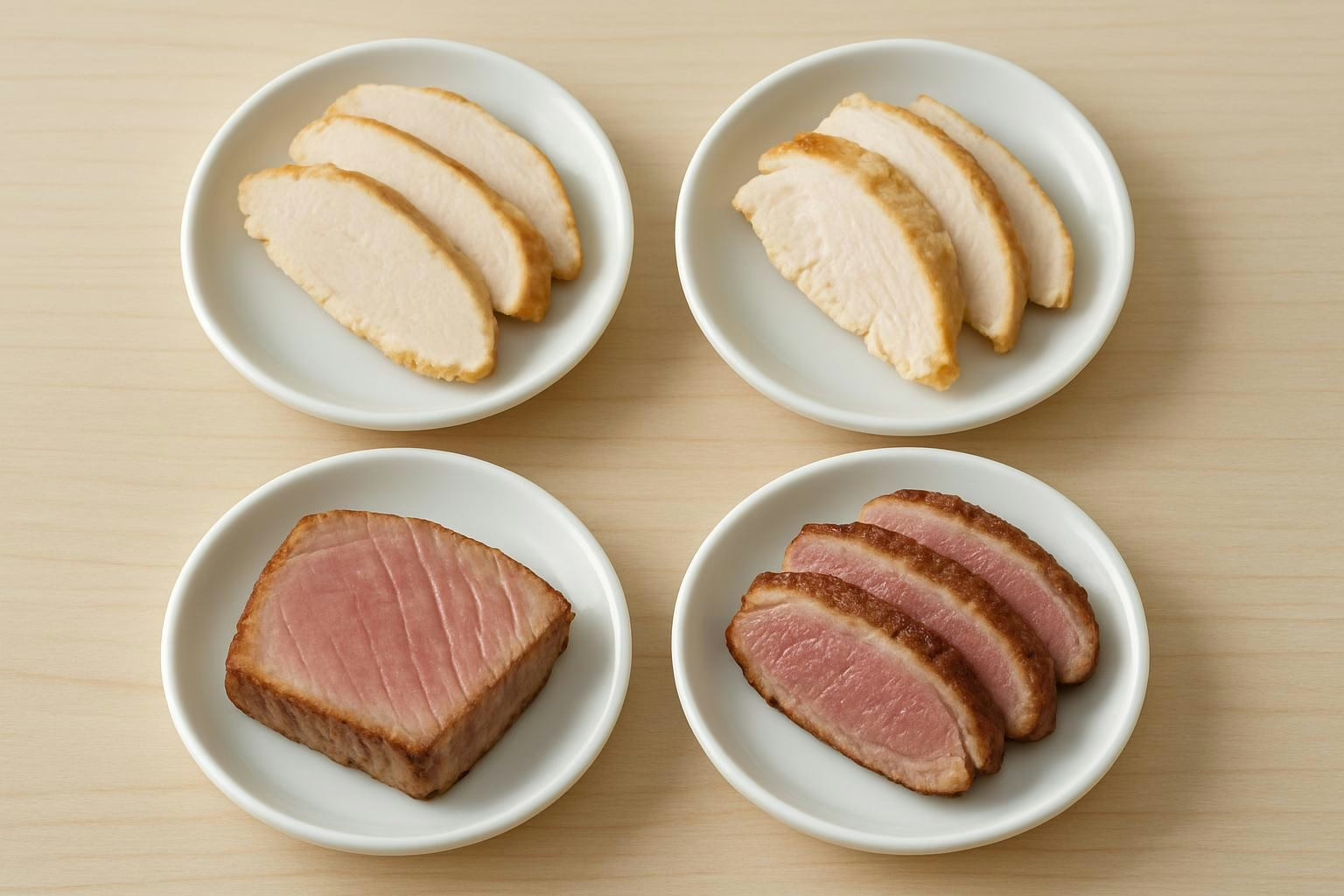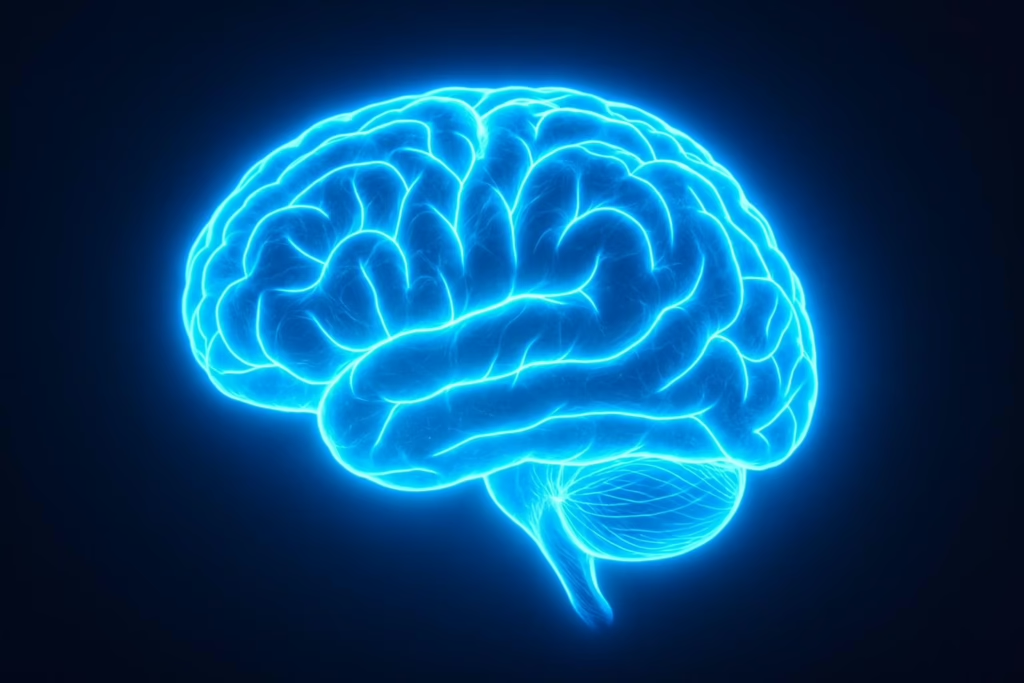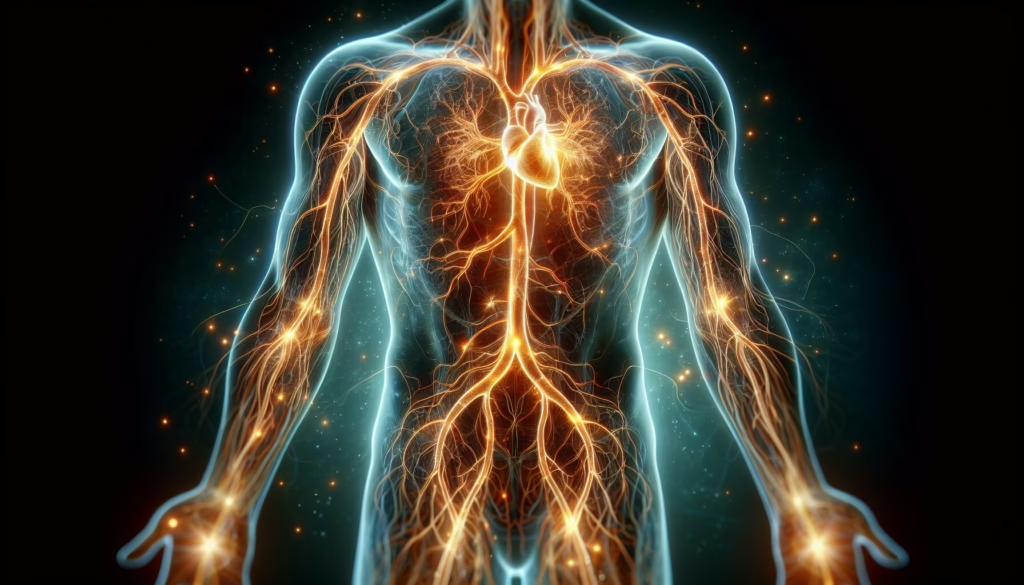
Does Tryptophan Help With Sleep
Tryptophan is an amino acid which does possibly help with improving sleep. This amino acid is a natural compound which is found in our food and the tryptophan derivative 5 HTP does often get prescribed as a supplement to help individuals with their sleep.
Foods with a high tryptophan content include meats such as turkey or tuna fillets. Tryptophan is a very important amino acid needed in the production of melatonin and also the neurotransmitter serotonin. Melatonin is a hormone which helps us to signal our sleep patterns to fall asleep as we should. This is a core part of how tryptophan does possibly help with sleep and may be why many people have trouble sleeping too.
Tryptophan also supports optimal rates of protein synthesis and so should also assist with muscle recovery after a lengthy day of exercise. These are two of the main reasons why there is so much interest in tryptophan as a way to help with encouraging a more restful sleep and a well rested body.
Sleep is really important in ensuring that the body is in top condition to do our daily tasks. Many young adults are suffering from sleep issues and levels of insomnia have increased in some parts of the world. Tryptophan has support as a possible supportive treatment for both depression and insomnia.
Here the evidence that tryptophan does help with sleep will be considered to show how this amino acid may support a restful sleep.

Tryptophan Daily Intake
Tryptophan is an essential amino acid which the body needs to function properly. This means that must consume this amino acid regularly as we can not naturally produce tryptophan.
Consuming a diet rich in protein may not be enough to support higher levels of tryptophan in the body. Eating tryptophan rich foods may instead be the best way to approach supporting higher levels of tryptophan within the body.
The suggested minimal amount of tryptophan you should eat per day is around 0.4 grams. Exercise may slightly deplete tryptophan levels. Active individuals may find they need more tryptophan to support their needs. Most people in the US and EU consume about 0.9 grams of tryptophan a day with the upper limit of tryptophan consumption thought to be around 4.5 grams per day.
Foods Rich In Tryptophan
Some foods rich in tryptophan include turkey meat and tuna fillet. The highest amounts of tryptophan are found in meats. This is because they are more dense in tryptophan containing proteins and protein than many vegetables or fruits. Tryptophan is very the often the reason why people feel slightly tired after eating a large meal of roasted turkey or chicken.
In 100 grams of ground turkey mince with 7% fat there is 213mg of tryptophan. The same amount of roast turkey contains about 291mg of tryptophan. This is about 50% and 70% of the daily recommended intake amount. A typical serving or portion of turkey should cover your minimal intake of tryptophan per day.
Bluefin tuna contains 261mg of tryptophan per 100 grams while the same amount of roast duck contains 327mg of tryptophan. 100 grams of roast chicken contains 292mg of tryptophan.

How Tryptophan Supports The Body
Tryptophan easily enters the blood through natural transporters in the small intestines after a meal. Once in the circulatory system tryptophan is able to be incorporated into proteins that the body needs to function properly. Tryptophan may also pass through the protective blood brain barrier to reach the tissues of the brain.
Tryptophan is a very important building block needed to make serotonin and melatonin. Serotonin is a neurotransmitter needed to properly translate the sensation of happiness within the nervous system. Minor depletions in tryptophan are linked to depression. A significant percentage of tryptophan is converted into serotonin once tryptophan reaches the brain. Serotonin is also used to make melatonin which is very important in the regulation of sleep patterns. Melatonin is a light sensitive hormone which does help us to go to sleep and production is dependent on tryptophan intake.
Sleep is fundamental to maintaining optimal wellness. Sleep allows our body to recover properly so that we are able to do our daily tasks effectively. We require healthy sleep to consolidate our memories and to help with restoring our bodies with energy. Sleep also cleanses our minds. Sleep disorders or disturbances are sometimes an indicator of medical issues.
This amino acid is also needed for optimal rates of protein production. Tryptophan should be able to contribute significantly to proper muscle recovery through supporting protein production as well as helping with achieving a restful sleep.
Tryptophan also helps the body to make NAD which is a core part of the energy production pathway of our mitochondria. This should also ensure that you wake up feeling rejuvenated after a restful sleep. Optimal levels of tryptophan should positively influence your mood, energy levels and sleep. Lower amounts of circulating tryptophan within the body is also linked with a lower life expectancy.

Sleep Research With Tryptophan
The amino acid tryptophan is a natural sedative. Supplemental tryptophan is more often recommended at night than in the daytime.
Various studies have established that tryptophan does possibly help with supporting a healthy sleep. One study found that a 1 gram tryptophan supplement does possibly help with sleep through improving sleep quality and reducing wake time after sleep onset. Other studies suggest that this sort of a dose of tryptophan is best taken around bedtime.
Both protein source and pharmacy grade tryptophan seem to show similar results on sleep wake patterns. Food sources of tryptophan may also encourage healthy sleep just as a supplement could.
Various studies support the finding that tryptophan does possibly reduce wake time after sleep onset and enhance rest quality. Tryptophan could also reduce the time taken to fall asleep too to support individuals with sleep disorders. A deeper undisturbed sleep could improve body and mind recovery after an intensive day.
Research has also shown that tryptophan could support improvements in important aspects of deeper sleep which shows tryptophan does possibly help to provide us with more restful sleep. Tryptophan depletion studies have shown the opposite effect with significant consequences to aspects of deeper sleep. Supplementation with a tryptophan derivative supplement called 5 HTP and dietary tryptophan was also observed to improve sleep quality elements in older individuals.
Interestingly one very large study including about 11,500 people found lower dietary levels of tryptophan were linked with an increased risk of short sleep and insomnia. This was shown to be the case in both males and females.
Overall the research shows that tryptophan does possibly help with sleep through supporting rest or sleep quality when asleep and reducing time taken to fall asleep.

Summary
Tryptophan is an essential amino acid which the body needs to consume regularly and does possibly help with improving sleep.
The production of the sleep hormone melatonin which does help with falling into sleep and the neurotransmitter serotonin both require there to be adequate amounts of tryptophan within the body. Melatonin is a light sensitive hormone which helps our body to signal our sleep pattern and when we need to sleep. Sleep issues amongst young adults are on the rise and tryptophan could possibly support these issues.
The upper limit of tryptophan intake is thought to be around 4.5 grams while the minimal suggested intake of tryptophan is 0.4 grams. 5 HTP is a supplemental tryptophan derivative and foods rich in tryptophan include turkey and tuna fillet.
A deeper undisturbed sleep could improve the recovery of our body and mind after an intensive day. Both dietary and supplemental sources of tryptophan are thought to be able to influence or help with our sleep. Low tryptophan is linked to poor sleep duration. Studies have found that a 1 gram tryptophan supplement could support with helping people achieve more restful sleep and is possibly best taken around bedtime. Tryptophan seems to specifically improve time to sleep and aspects of deep sleep quality.
Research with tryptophan shows this amino acid does possible help to provide us with more a restful sleep. This may also contribute significantly to proper muscle recovery. In addition to melatonin production support these effects of tryptophan could also be because of increases in energy supportive NAD or protein production.
Overall the research shows that tryptophan does possibly help with sleep through supporting rest or sleep quality when asleep and reducing time taken to fall asleep.
For more interesting articles see the main article page.





